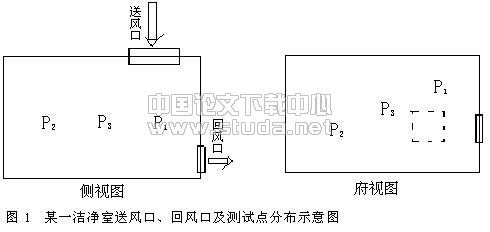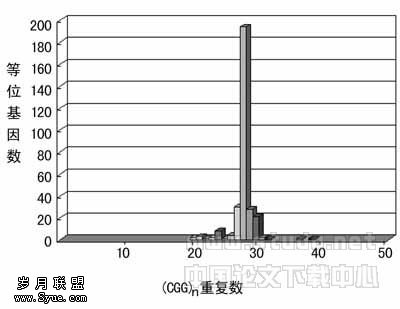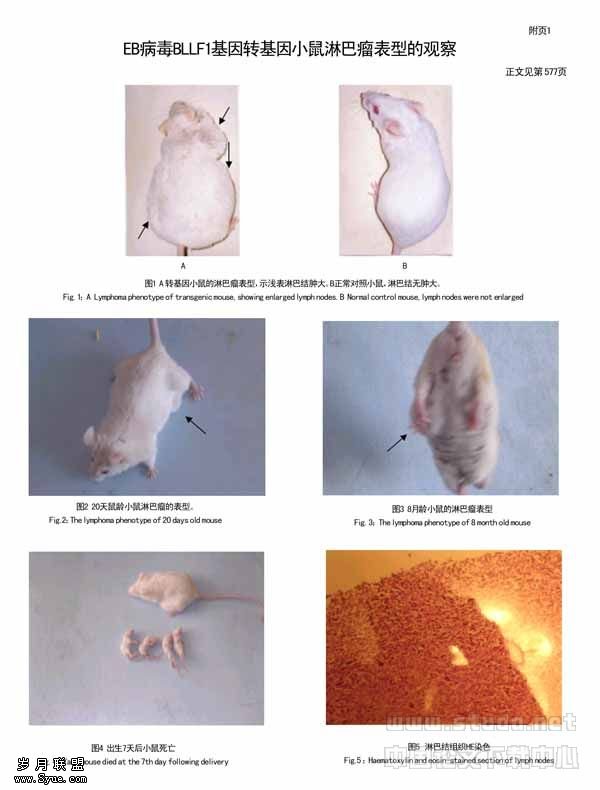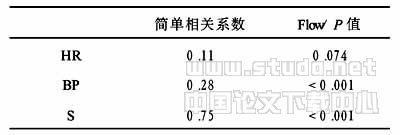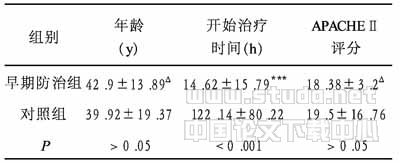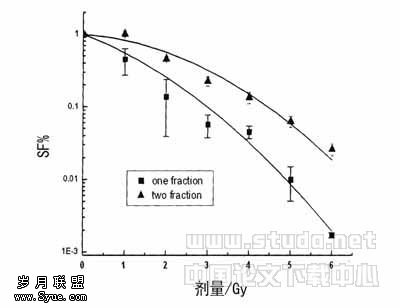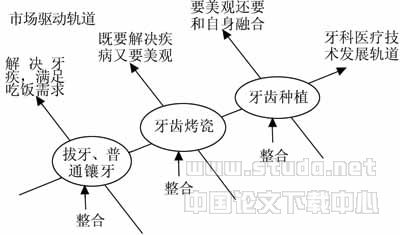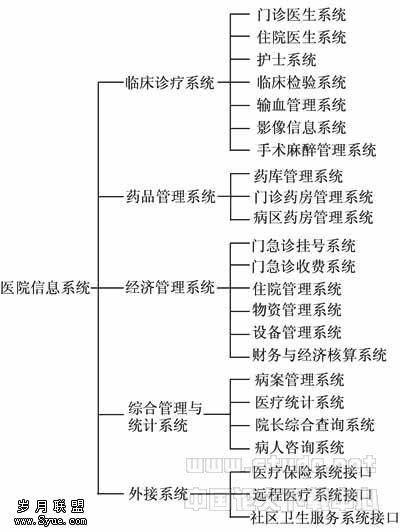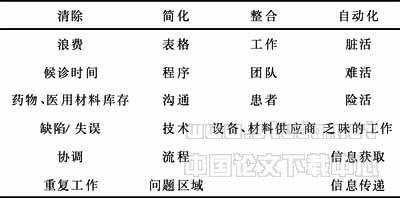免疫抑制剂治疗炎症性肠病
Subject headings inflammatory bowel disease/therapy; immunosuppressive agents/therapeutic use; azathioprine/therapeutic use; cyclosporins/therapeutic use
1990年以前,有关免疫抑制剂炎症性肠病(inflammatory bowel disease, IBD)的报道较少,且有争论;此后,关于免疫抑制剂治疗IBD的临床及实验研究进展较大;目前对这一问题多数学者的意见渐趋一致,并认为硫唑嘌呤(azathioprine, AZA)、6-巯基嘌呤(6-mercaptopurine, 6-MP)、环孢菌素(cyclosporine, CYC)、氨甲喋呤(methortrexate, MTX)疗效较好.
1 AZA和6-MP
1.1 临床疗效 AZA的分子结构中55%是6-MP,88%的AZA在体内很快经过亲核酶和巯基反应转变为6-MP,二者作用近似. Ewe K et al[1]报道应用AZA 1.0 mg/ kg·d~3.0 mg/ kg·d和安慰剂治疗42例克隆氏病(Crohn's disease) 4 mo其有效率分别为76%和38%(P<0.03),Candy et al[2]治疗45例Crohn's病12 mo和安慰剂组对照其有效率分别为56%和10%(P<0.001),Present et al应用6-MP 1.0 mg/ kg·d~1.5 mg/ kg·d和安慰剂治疗72例Crohn's病12 mo其有效率分别为72%和14%(P<0.01),Hawthorne et al[3]应用AZA和安慰剂治疗溃疡性结肠炎(ulcerative colitis, UC)67例12 mo其有效率分别为64%和41%(P<0.04);总之,AZA和6-MP治疗IBD中的Crohn's病和UC有显著疗效,但最少需用3 mo~4 mo,时间较长为不足之处,Sandborn et al[4]提出足够剂量静脉注射可缩短产生疗效的时间.
1.2 副作用 AZA和6-MP治疗IBD时可产生两种副作用,一是过敏性反应,可能系药物本身引起,有胰腺炎、发烧、皮疹、关节痛、恶心、腹泻等;二是非过敏性反应,可能系所用药物剂量和其他代谢产物所引起,如白细胞减少,血小板减少、感染、肝炎、恶变等. Connel et al[5]在一组大系列治疗后患者的随访中报告:15%的患者发生副作用,其中胰腺炎占3%,骨髓抑制占2%,感染占7%,肝炎占0.3%,其他反应占2%,恶变发生率在3%~4%之间(但比对照组之恶变率低).
1.3 用药剂量和对副作用检测 AZA和6-MP治疗IBD对照试验提示:产生疗效的药物剂量分别是2.0 mg/ kg·d~2.5 mg/ kg·d和1.0 mg/ kg·d~1.5 mg/ kg·d;如患者有白细胞和血小板减少时,应于开始用药之4 wk内每wk查一次血常规和血小板,于用药之4 wk~8 wk内应每2 wk查一次,尔后1 mo~2 mo查一次;第一年内应每3 mo~4 mo查一次肝功能,尔后4 mo~6 mo复查一次,如临床疗效好且无副作用,可对上药连续使用1 a~2 a或更长时间.
2 CYC
2.1 临床疗效 Feagan BG et al[6-8]应用低剂量CYC&nbs p;5 mg/ kg·dpo,对三组慢性活动期Crohn's和轻度Crohn's患者进行临床对照试验治疗,仅有35%~40%有效率;Brynskov et al[9]用高剂量CYC 7.6 mg/ kg·d po,对急性Crohn's病进行临床对照试验治疗,治疗组有效率59%,安慰剂组为32%,说明其疗效在两组之间有一定差异(P=0.03);Sandborn WJ et al[10-12]用po高剂量或iv CYC治疗急性炎症型和瘘管型Crohn's病也有一定疗效,但无对照组;Lichtiger S et al[13]在一小样本报道中应用高剂量CYC (4 mg/ kg·d iv或16 mg/ kg·d po)治疗经类固醇治疗无效的重症UC,治疗组有效率为83%,安慰剂组为10%,差异显著,说明高剂量CYC po或注射对此类患者疗效满意,但目前po低剂量CYC治疗UC的报道尚未见到;产生疗效的时间一般在2 wk之内.
2.2 副作用 Sandborn WJ[10]指出:使用高剂量CYC治疗IBD时可产生以下副作用:肾功能不全占6%,高血压11%,机会菌感染3%,癫痫发作1%,感觉异常26%,震颤7%,头痛5%,牙龈增生2%,多毛症13%,静注过敏反应0.3%.
2.3 用药剂量和副作用检测 po低剂量CYC(≤5 mg/ kg·d)治疗IBD无效,高剂量(如前所述)治疗IBD则有效,用药剂量应使CYC在血液浓度维持在251 ng/ mL~350 ng/ mL之间;如静滴CYC时应每日一次或多次查血液中CYC浓度(可用HPLC或单克隆RIA法)和血浆电解质,而po CYC时上述检查1次/ wk即可,疗程中应使血肌酐<30%,肌酐清除率保持在正常范围内,血胆固醇应<120 mg/ dl,应用CYC时间不应超过6 mo.
3 MTX
3.1 临床疗效 Chamoit-prieur C et al[14-17]报道MTX 25 mg/ wk肌注连续12 wk或15 mg/ wk po连续18 wk,可使急性UC和Crohn's病得以缓解,且可减少类固醇激素的用量;Kozarek RA et al[18,19]对一组小样本无对照组的研究报告显示:po MTX 7.5 mg/ wk~15 mg/ wk,于60 wk后有40%UC和51% Crohn's患者症状缓解,一般认为使用MTX 2 wk~8 wk即可见效.
3.2 副作用 Feagan BG et al[17]报道:低剂量MTX (25 mg/ wk)肌注治疗94例Crohn's病,出现副作用较早,包括:血清转氨酶升高占5%,恶心4%,皮疹1%,支原体肺炎1%;Arora et al[16]报道po MTX 治疗IBD时经常出现恶心;Goodman TA et al[20-22]报道低剂量MTX长期维持治疗IBD可能出现肝纤维化/ 肝硬变;Scully CJ et al[23]指出长期使用MTX还可能引起白细胞、血小板减少及骨髓抑制,其发生率约为10%~24%,但多数患者在发生轻度血细胞减少后暂时停用MTX,则即恢复.
3.3 用药剂量和副作用检测 MTX po 25 mg/ wk或肌注25 mg/ wk 3次,在12 wk~16 wk内每2 wk~4 wk查一次谷丙转氨酶、血常规,尔后每4 wk复查一次 血常规,每4 wk~6 wk查一次谷丙转氨酶,用药仍是较安全的.
4 免疫抑制剂的联合应用
AZA/ 6-MP和MTX联合应用:由于AZA/ 6-MP和MTX在细胞内的代谢产物半衰期太长、合用时会增加骨髓抑制的发生,目前尚未见联合使用治疗IBD的报道,一般在停用MTX后最少观察2 wk才能使用AZA/ 6-MP;CYC和MTX联合应用:二者合用易导致肾功能减退,故目前也未有二者联合使用的报道;但有学者指出:在用高剂量CYC治疗IBD时,当病情缓解后可和AZA/ 6-MP联合进行维持治疗,但由于未见正式公开发表资料,我们认为对这种联合用药应采取慎重态度.
5 免疫抑制剂治疗IBD的程序
多数学者认为:对IBD治疗应根据病情采用程序化治疗,即:开始时最好使用毒性最小的药物如柳氮磺胺嘧啶、5-氨基水杨酸盐和甲硝唑,病情严重用上述药物无效时可选用激素治疗,如仍无效再用上述免疫抑制剂,如仍无效可考虑手术治疗;由于篇幅所限,现仅以常见的UC为例,将其程序化治疗方案用图1表示于下,可参改.
总之,免疫抑制剂治疗IBD的意见虽渐趋向一致,但尚未完全统一,多数学者认为对IBD使用免疫抑制剂对部分患者是有效地安全的;AZA/ 6-MP在治疗难治性Crohn's病、瘘管型Crohn's病、激素依赖性UC和稳定性UC是有效的,但要特别注意在治疗过程中检测骨髓像;低剂量CYC治疗IBD无效,高剂量CYC治疗严重激素难治性UC、严重激素难治性Crohn's、瘘管型Crohn's病是有效的,CYC一般不用于稳定型Crohn's病或轻型UC的治疗;MTX治疗难治性UC、稳定型Crohn's病或UC的疗效尚不肯定,有待于进一步研究;无论使用哪一种免疫抑制剂,在治疗过程中都应认真观察其副作用,并定期检查血像、骨髓像及肝肾功能,尽量做到既有一定疗效又较安全.
6
1 Ewe K, Press AG, Singe CC, Stufler M, Ueberschaer B, Hommel G et al. Azathioprine combined with prednisolone or monotherapy with prednisone in active Crohn's disease. Gastroenterology, 1993;105(2):367-372
2 Candy S, Wright J, Gerber M, Adams G, Gerig M, Goodman R et al. A controlled dlouble blind study of azathioprine in the mamagement of Crohn's disease. Gut, 1995;37(5):674-678
3 Hawthorne AB, Logan RFA, Hawkey CJ, Foster PN, Axon AT, Swarbrick ET et al. Randomised controlled trial of azathioprine withdrawal in ulcerative colitis. Br& nbsp;Med J , 1992;305(6844):20-22
4 Sandborn WJ, Van Os EC, Zins BJ, Tremaine WJ, Mays DC, Lipsky JJ et al. An intravenous loading dose of azathioprine decreases the time to response in patients with Crohn's disease. Gastroenterology, 1995;109(6):1808-1817
5 Connel WR, Kamm MA, Dickson M, Balkwill AM, Ritchie JK, Lennard Jones et al. Long-term neoplasia risk after azathioprine treatment in inflammatory bowel disease. Lancet, 1994;343(8908):1249-1252
6 Feagan BG, McDonald JWD, Rochon J, Laupacis A, Fedorak RN, Kinnear D. Low-dose cyclosporine for the treatment of Crohn's disease. N Engl J Med, 1994;330(26):1846-1851
7 Jewell DP, Lennard-Jones JE, and the Cyclosporin Study Group of Great Britain and lreland. Oral cyclosporin for chronic active Crohn's disease. A multicentre controlled trial. Eur J Gastroenterol Hepatol, 1994;6(3):499-505
8 Stange EF, Modigliani R, Penna AS, Wood AJ, Feutren G, Smith PR. European trial of cyclosporin in chronic active Crohn's disease: a 12 month study. Gastroenterology, 1995;109(3):774-782
9 Brynskov J, Freund L, Rasmussen SN, Lauritsen K.&nbs p;Final report on a placebocontrolled, double-blind, randomized trial of cyclosporin treatment in active chronic Crohn's disease. Scand J Gastroenterol, 1991;26(7):689-695
10 Sandborn WJ. A critical review of cyclosporine therapy in inflammatory bowel disease. Inflamm Bowel Dis, 1995;1(1):48-63
11 Present DH, Lichtiger S. Efficacy of cyclosporine in treatment of fistula in Crohn's disease. Dig Dis Sci, 1994;39(2):374-380
12 Hanauer SB, Smith MB. Rapid closure of Crohn's disease fistulas with intravenous cyclosporine A. Am J Gastroenterol, 1993;88(5):646-649
13 Lichtiger S, Present DH, Kornbluth A, Gelernt I, Bauer J, Galler G. Cyclosporine in severe ulcerative colitis refractory to steroid therapy. N Engl J Med, 1994;330(26):1841-1845
14 Chamiot-Prieur C, Lemann M, Mesnard B. Treatment of refractory Crohn's diseasel (CD) with methotrexate (MTX). Gastroenterology, 1993;104(3):A680(abstract)
15 Baron TH, Truss CD, Elson CO. Low-dose oral methotrexate in refractory inflammatory bowel disease. Dig Dis Sci, 1993;38(10):1851-1856
16 Arora S, Katov WN, Cooley J. A double-bind randomized placebo-controlled trial of methotrexate in Crohn's disease. Gastroenterology, 1992;102(3):A591(abstract)
17 Feagan BG, Rochon J, Fedorak RN, Irvine EJ, Wild G, Sutherland L. Methotrexate for the treatment of Crohn's disease. N Engl J Med, 1995;332(5):292-297
18 Kozarek RA, Patterson DJ, Gelfand MD. Long-term use of methotrexate in inflammatory bowel disease severe disease 3, drug therapy 2, seventh inning stretch. Gastroenterology, 1992;102(3):A646(abstract)
19 Kozarek RA. Review ariticle: immunosuppressive therapy for inflammatory bowel disease. Aliment Pharmacol Ther, 1993;7(2):117-123
20 Goodman TA, Polisson RP. Methotrexate: adverse reactions and major toxicities. Rheumatic Dis Clin North Am, 1994;20(2):513-528
21 Whiting-O'keefe QE, Fye KH, Sack KD. Methotrexate and histologic hepatic abnormalities: a meta-analysis. Am J Med, 1991;90(6):711-716
22 Weinblatt ME. Methotrexate for chronic disease in adults. N Engl J Med, 1995;332(5):330-331
23 Scully CJ, Anderson CJ, Cannon GW. Long-term methotrexate therapy for rheumatoid arthritis. Semin Arthritis Rheum, 1991;20(5):317-331
